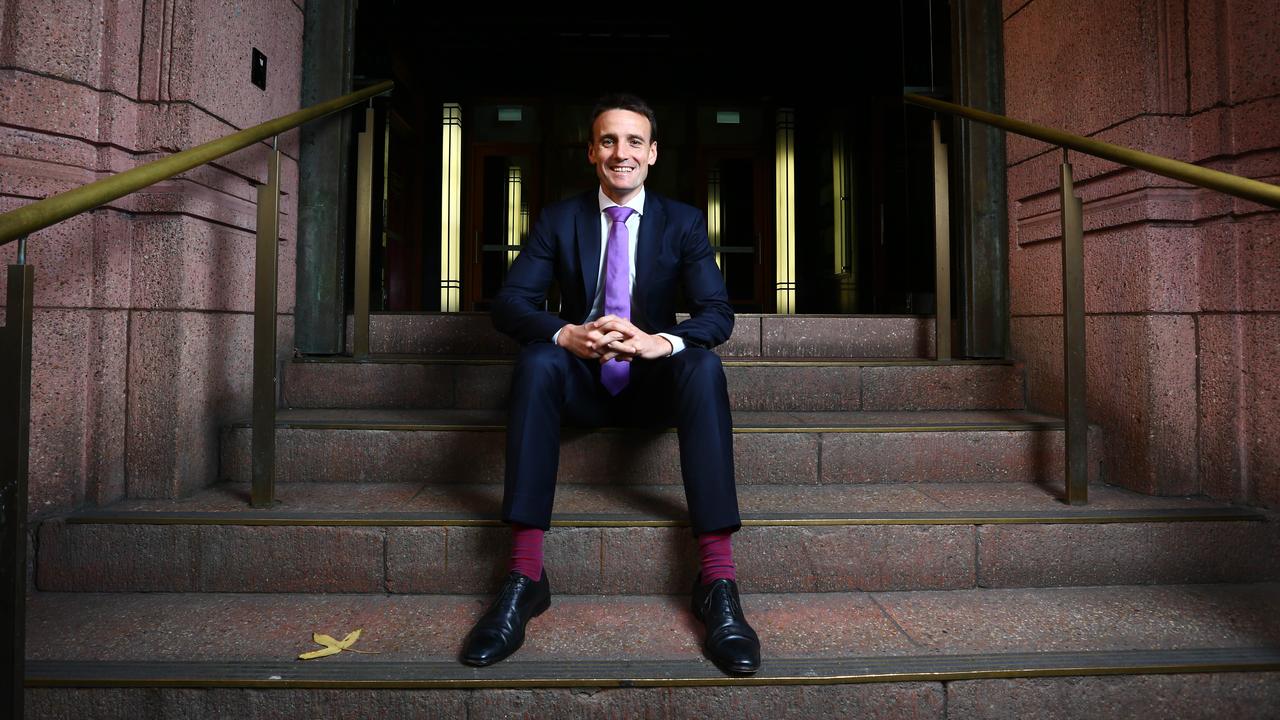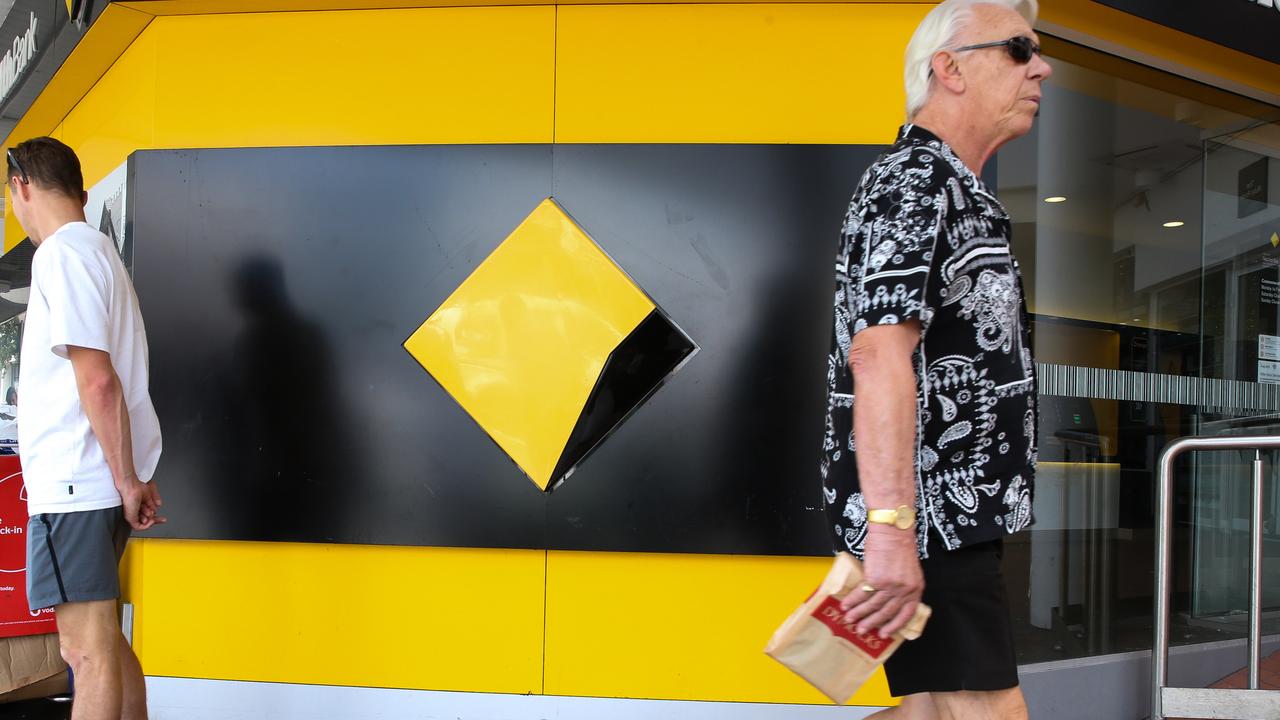No probe despite flood of term deposit complaints
ASIC received a flood of complaints from term deposit customers after the GFC, records show.

The corporate watchdog received a flood of complaints from term deposit customers allegedly ripped off by Australia’s banks as they sought safe-haven investments after the global financial crisis, new documents show.
Details of the Australian Securities & Investments Commission’s concerns about shady term deposit practices are contained in a draft of a 2009 letter from its then chairman, Tony D’Aloisio, to bank chief executives, obtained by The Australian under Freedom of Information laws.
Although Mr D’Aloisio told the CEOs there was “potential for significant consumer detriment”, no compensation scheme was ever established and an investigation into Australia’s largest bank, CBA, was dropped despite legal advice the regulator had a good case against it for misleading and deceptive conduct.
The Australian can also reveal that the Turnbull government’s original pick to replace Greg Medcraft as chairman of ASIC, John O’Sullivan, was involved in early discussions with the regulator over the investigation in his then role as CBA’s general counsel.
The alleged term deposit rip-off involved failing to properly inform customers they would be moved from a high interest rate to a low rate when their term deposit rolled over at maturity.
Across the banking industry it is estimated to have cost investors as much as $200 million a year, or $1 billion over five years between 2005 and 2010.
Mr D’Aloisio’s draft letter to bank chief executives is undated, but appears to have been in existence by March 19, 2009 at the latest.
In it, he outlined his concerns about banks rolling customers from high-rate term deposits into a lower rate when their term expired, and asked them to provide him with detailed information about their term deposit businesses.
The information gathered appears to have been used for a report into term deposit practices issued by ASIC in March 2010, about the same time as it killed the CBA investigation.
“Deposit products are a priority area for ASIC, prompted by the Global Financial Crisis, the consumer and investor flight to financial safety, and the Commonwealth government guarantee of deposits,” Mr D’Aloisio wrote in the letter.
He said ASIC had observed banks rolling term deposit customers into rates lower than online saver accounts, the pensioner deeming rate and inflation and warned the banks against trying to “maximise the number of deposits which would receive a low rate of interest if allowed to roll over by default”.
“Concerns that consumers are unaware of the risks involved in default rollovers have been supported by ASIC’s initial review,” he said.
“We have found a significant level of complaint by consumers who have had their term deposit roll over to a low interest rate.
“A common element to these complaints is that the interest rate after rollover has varied dramatically from the pre-rollover rate in a manner that is unexpected, unconnected to economic factors and from the depositors’ perspective arbitrary.”
A CBA spokeswoman said the bank had “participated in ASIC industry-wide reviews into term deposits and have implemented recommendations from those reviews.”
An ASIC spokesman said he had been unable to determine whether the draft letter was identical to the final version sent to CEOs.
Mr D’Aloisio, who is now chairman of Perpetual, referred inquiries to ASIC.
“As the then chairman, and it was on my watch, I accept responsibility for the term deposit matter,” he said.
As The Australian has previously reported, ASIC launched an investigation into CBA’s term deposit practices in October 2006.
It is believed Mr O’Sullivan became involved in talking to ASIC about the probe in mid-2007, following a request from the retail arm of CBA.
He had at least one meeting with ASIC over the issue before leaving the bank in December 2007 for his current position as chairman of Australian investment banking at Credit Suisse.
Mr O’Sullivan was replaced by David Cohen, who is now the CBA’s chief risk officer. ASIC has refused to release to The Australian an internal memo, dated December 15, 2008, that contains “material relating to possible contraventions of the law that CBA may have committed” and “details of confidential correspondence between ASIC and CBA’s General Counsel concerning CBA’s practices as they relate to the rollover of term deposits”.
Mr O’Sullivan’s involvement in the CBA term deposit investigation is believed to have been discussed by a high-powered public service selection panel, which included Treasury boss John Fraser and Australian Competition & Consumer Commission chairman Rod Sims.
The panel gave Mr O’Sullivan a clean bill of health to replace ASIC chairman Greg Medcraft, who retired last month.
However, Mr O’Sullivan pulled out of contention for the job in late October, citing “disturbing personal attacks” on him.



To join the conversation, please log in. Don't have an account? Register
Join the conversation, you are commenting as Logout